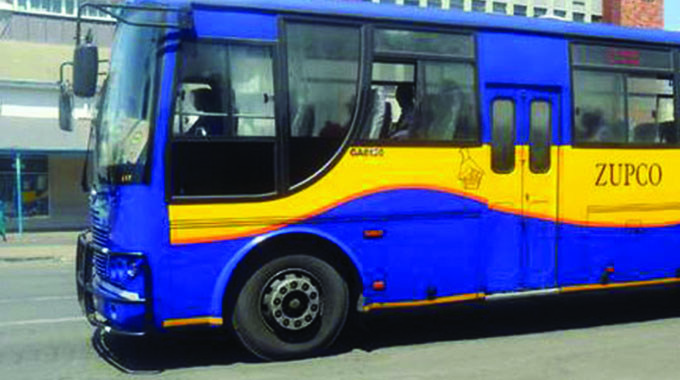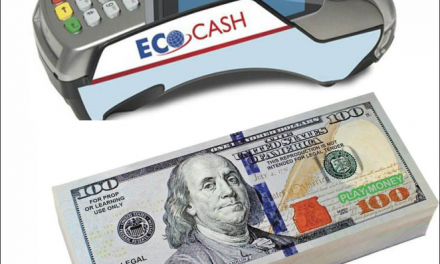I recall the time when government indicated that they would be reviving ZUPCO to try and address the local mass transportation woes. This was against a backdrop of rising fuel costs that were now driving transport operators to hike fares. Considering that most people are struggling financially whilst most of them have to commute to workplaces it had now become a burden for many. So when plans of the reintroduction of ZUPCO shuttles was announced it sounded too good to be true and was met with scepticism. I guess it was the coming together of mistrust and hopelessness on the part of the general populace that government would indeed follow through. Some few months down the line ZUPCO seems to have defied earlier anticipated failure and the initiative is still going strong.
The Initiative Has Unlocked Many Jobs
According to the ZUPCO acting CEO, Mr Everisto Madangwa, at least 1200 jobs have been created so far. These are jobs that weren’t there before the inception of the initiative. There are plans in place to actually provide service to more routes which means even more jobs will be unlocked. The employment opportunities shall mainly have to do with the hiring of drivers and conductors. So people interested in such occupations should be on the lookout for calls for recruitment starting in July. ZUPCO has indicated that the recruitment drive will commence this coming month and will be a national exercise.
The Full Capacity Target Is 3000 Buses Nationwide
Currently, Mr Madangwa indicated that there are 325 buses in operation (roughly 11% of the projected target). This means there is still quite a number of buses in the pipeline. He emphasised that robust plans are in place and those buses are surely coming. With the current capacity, we’re looking at on average 4 jobs per bus in service (drivers and conductors). If I use that estimation then it means if the target of 3000 buses is to be met, it means we still have almost 11 000 jobs and even more than are yet to be unlocked. So there are high prospects of creating employment if the set plans are effectively implemented.
Question Of Sustainability
From the onset, the reason there was (and there still is) scepticism on how sustainable this ZUPCO initiative will be is based on the fares being charged. There’s is a huge discrepancy between the fares charged and the actual prices of fuel. I’m not sure exactly how they are managing to keep this system going given that even some of the buses are sub-contracted. This is premised on the working knowledge that ZUPCO has been a loss-making entity for quite a while. Anyways, so far so good but there’s definitely that need for more buses because the demand has risen sharply over time. Without an understanding of how the new buses are being financed the question of sustainability cannot easily be answered. If this is, in fact, a loss-making project ultimately taxpayers will pick up the bill.
The E-Ticketing System
With the system, people will be able to make pre-payments and be issued with a card. That card will be scanned as and when you board a ZUPCO bus for a trip. So far the system is operational in Harare and Bulawayo and will be rolled out nationwide in due course. I think this is a convenient mechanism which will not only curtail revenue leakages but will enable those without cash to pay prior. Lately, it seems getting cash is now a challenge to the current system which only accepts cash can be inconvenient for most of the commuting public. ZUPCO has also indicated that they are working on fine-tuning their schedules to ensure convenience for the public.
So this is ZUPCO’s story, they have eased the lives of many. I have personally experienced 75% cheaper transport as a result. With the many that I know who commute daily to town for work it’s really been a blessing. We now wait to see more buses being availed and the nationwide rolling out of the e-ticketing system.








